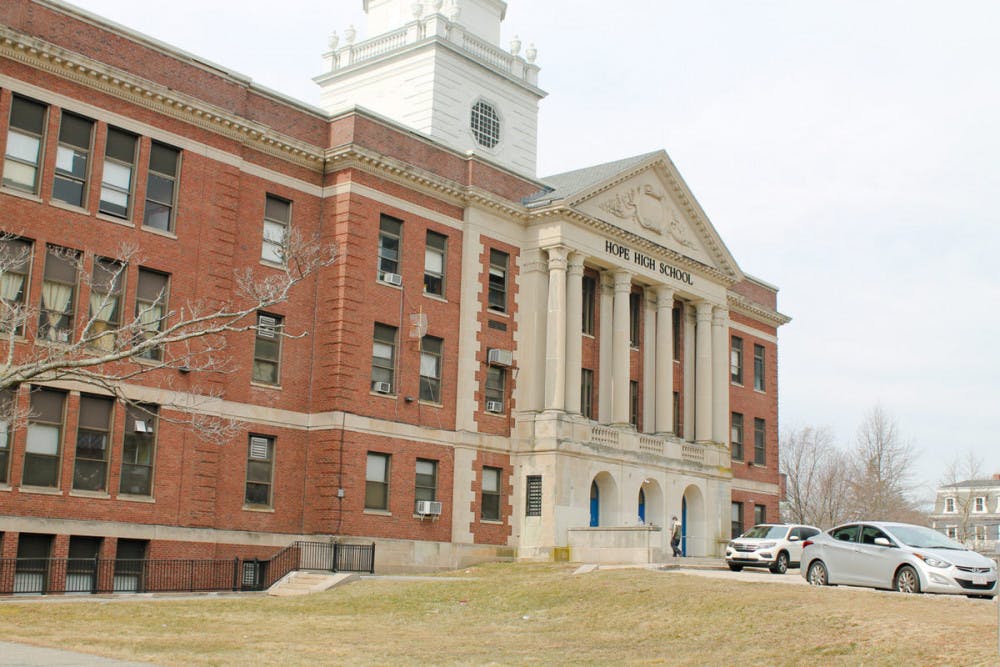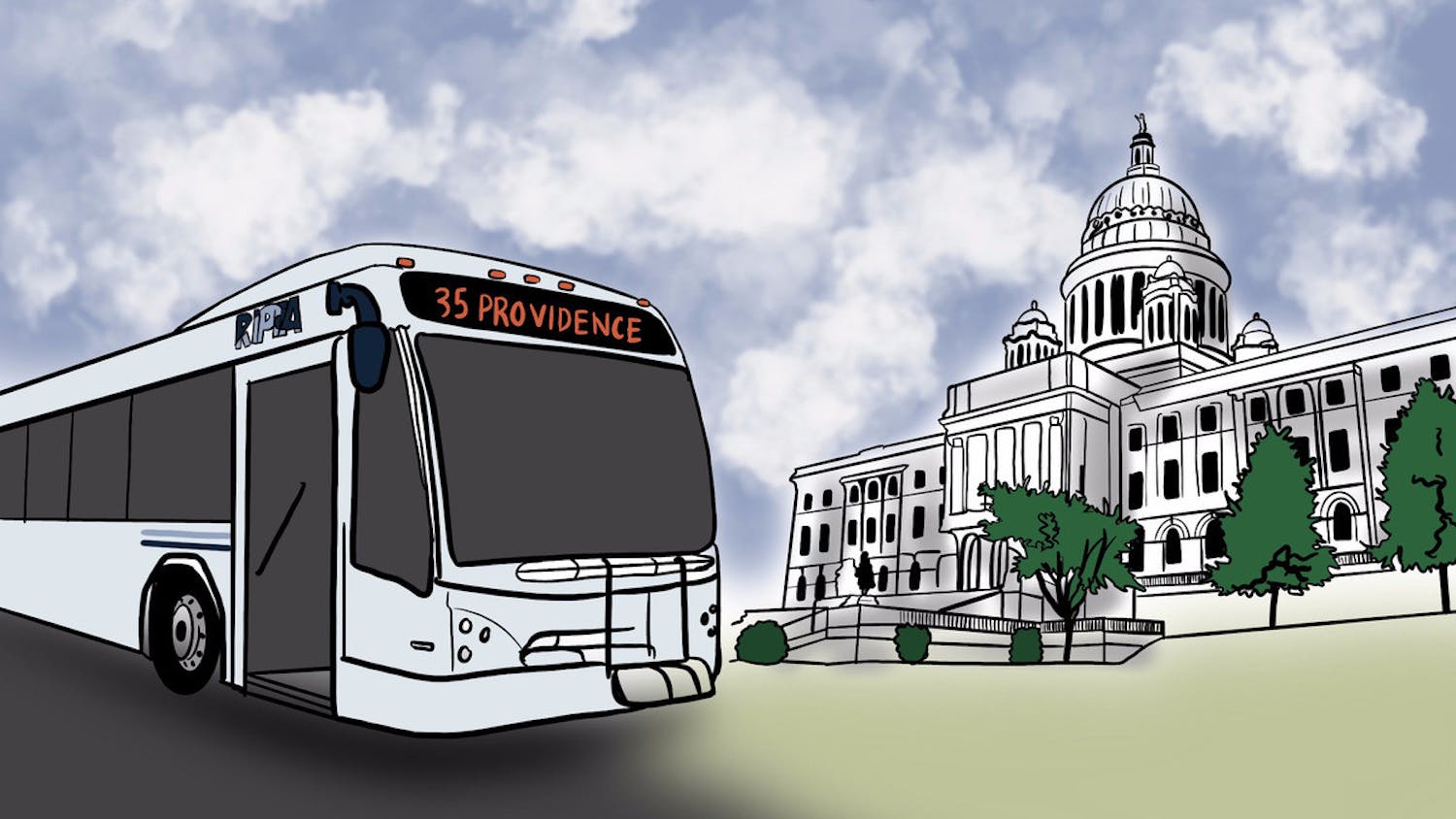In a state where students have sued the governor and other officials for failing to teach them the skills required to vote or engage in jury duty, questions of student civic engagement and activism are especially pressing.
“Every student should have a quality education and access to civics education, and it is a constitutional right,” said Lead Organizer for the Alliance of Rhode Island Southeast Asians Nancy Xiong, echoing the voices of students across Rhode Island who are advocating for the right to learn about civic engagement.
The event, “Community Conversation: Youth Activism and Civic Responsibility,” was hosted by ARISE, an organization that is committed to uplifting Southeast Asian and other marginalized youth voices in Rhode Island and mobilizing students in the push for school reform, according to its website. ARISE youth leaders such as Xiong are responsible for leading political education trainings, youth organizing conferences and local community workshops, all of which focus on promoting educational justice in the public school system.
The panel featured Xiong, ARISE Youth Leaders Niamiah Jefferson and Samia Nash, Founder and CEO of Providence Cultural Equity Initiative Raymond Two Hawks Watson and R.I. Human Rights Commission Board Member Rochelle Lee. The discussion addressed their individual efforts and the progress that has collectively been made.
Speaking about hardships that she has encountered in her political activism, Nash said that there is “almost a … level of disrespect” when adults who have encouraged her to advocate for herself suddenly oppose her activism. Once teachers and school administrators have their power challenged, Nash said, “they internalize that, and then it affects your grades, it affects how they view you, it affects recommendations or affects opportunities that you can get.”
Lee said that teachers also face barriers when trying to advocate for themselves in the public school system — barriers that ultimately impact the quality of education. Confronted with a disconnect between teachers unions and school administrations, Lee said “there’s no compromise” for teachers in the current system, while teacher absenteeism “becomes weaponized by the teachers and by administration. So who’s in the middle — students. What’s at stake — their education.”
This conflict over civics education between the Rhode Island Board of Education and students who advocate for more comprehensive and practical education, Watson argued, is crucial to how Americans view education and the importance of civic engagement. “Why would we expect future generations to be successful and productive members of society when they don’t know civics?” he said. He also pointed to the Jan. 6 insurrection in the U.S. Capitol as “a clear example of where we could be heading en masse.”
Looking forward, the panelists discussed the Civic Literacy Act, a bill in the Rhode Island House of Representatives that aims to incorporate civics education from eighth through twelfth grade in public schools so that students can learn “how to survive and live as a person of this nation,” according to Nash, who gave written testimony on the bill.
Jefferson spoke about changing high school curriculums to fit more civic and practical needs. We are not taught “how to hold office, how to vote, how to participate in our community,” she said. “I don't know how to balance a checkbook, what a mortgage is or know how to have good credit … So this whole shift needs to happen in curriculum so that we can be more prepared to not only survive but thrive.”





